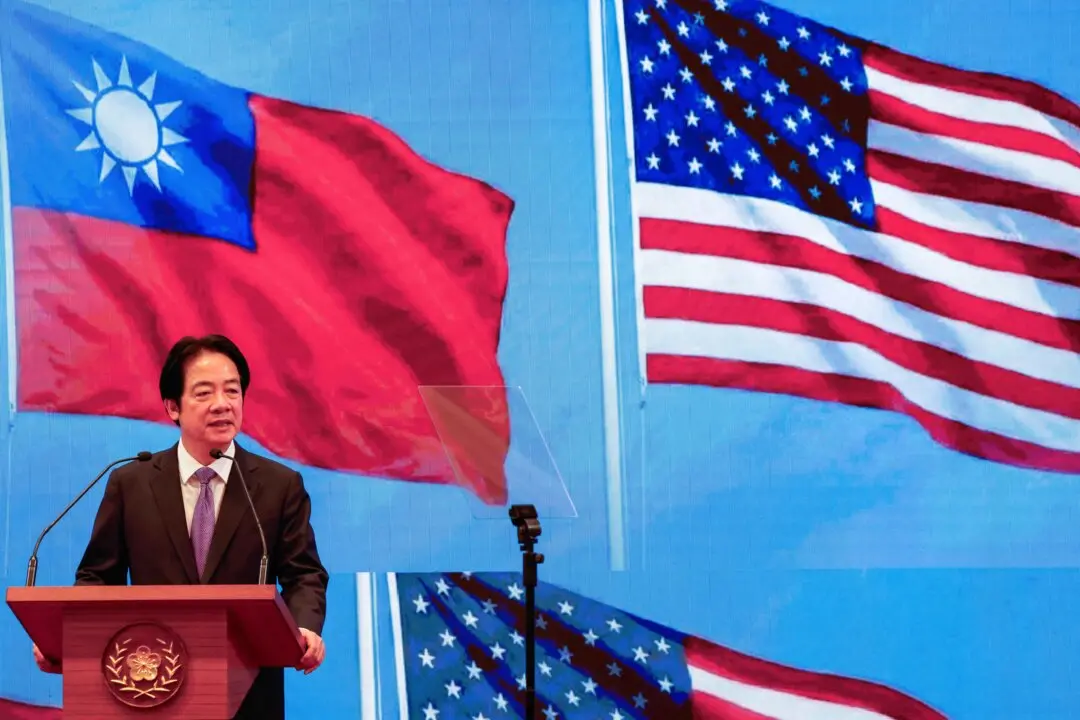Three more political holdovers—officials who had built up their wealth and connections by being loyal to previous Chinese regime head Jiang Zemin—have bitten the dust under the current anti-corruption campaign, spearheaded by the current Party head Xi Jinping.
The announcements of the purges of the “tigers”—jargon for high-ranking Chinese Communist Party officials—came just days before the beginning of the Lunar New Year celebration on Feb. 19.
Su
On Feb. 16, an announcement on the official website of the anti-graft watchdog Central Committee for Discipline Inspection said that Su Rong, the former vice chairman of the Chinese People’s Political Consultative Conference, was “revoked of his Party membership and his civil service position.”
The case against Su has been referred to the judicial system for prosecution.
The announcement against Su includes some of the strongest words ever used by the CCDI, including “violation of Party principles and deviation from the consensus of the Party,” while “turning a blind eye to allow relatives to meddle with policymaking.” According to the Hong Kong-based newspaper Wenweipo on Feb. 17, the tone was much milder in the announcement against Zhou Yongkang, the now fallen security czar.



